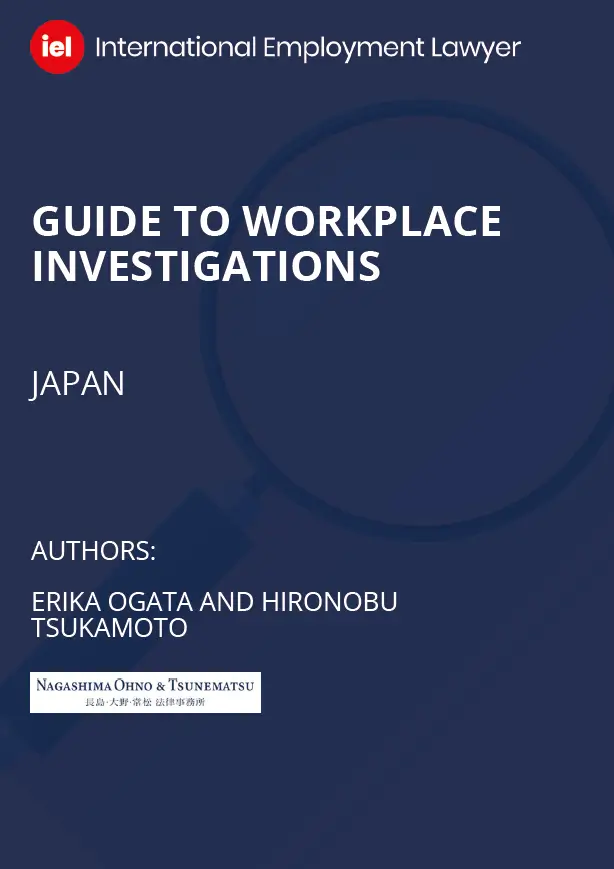
NO&T Asia Legal Review
Introduction
After a long wait, the Government of Republic of Indonesia finally issued the Law No. 11 of 2020 dated 2 November 2020 on Job Creation, which is publicly known as the “Omnibus Law”. Despite of the protest from public due to the lack of socialization and some issues during its making process, the Parliament and President had approved the content and officially promulgated this Omnibus Law. The Omnibus Law is effective immediately at the date of its promulgation, namely on 2 November 2020.
The Omnibus Law was first announced by President Joko Widodo in his speech on the inauguration day for the second term of his administration. The main purpose of the Omnibus Law is to attract investment into Indonesia and in turn to create jobs for people. The law amends 78 existing laws and introduces new provisions which are considered to be more favorable for investors. Through the enactment of the Omnibus Law the government expects, among others (i) simplification and centralization of licensing procedure, (ii) abolition of existing laws and regulations that are less favorable for investment or contradict with other regulations, and (iii) harmonization between existing laws and their implementing regulations.
This articles set out our analysis on the amendment to the Employment Law under the Omnibus Law.


Patricia O. Ko


(April 2025)
Shiro Kato, Chihiro Shimaoka (Co-author)


(January 2025)
Hironobu Tsukamoto, Eriko Ogata (Co-author)


Luciana Fransiska


Patricia O. Ko


(April 2025)
Shiro Kato, Chihiro Shimaoka (Co-author)


(January 2025)
Hironobu Tsukamoto, Eriko Ogata (Co-author)


Luciana Fransiska


Patricia O. Ko


Ngoc Hoang


Yuan Yao Lee


Chattong Sunthorn-opas, Thunsinee Sungmongkol (Co-author)


Patricia O. Ko


Ngoc Hoang


Yuan Yao Lee


Chattong Sunthorn-opas, Thunsinee Sungmongkol (Co-author)


Ario Putra Pamungkas


Yoichi Maekawa


Anastasia Jessica Maureen


Luciana Fransiska